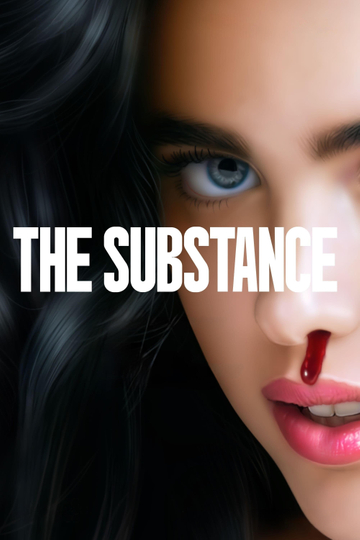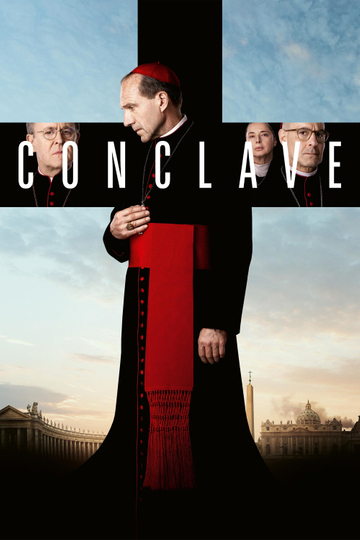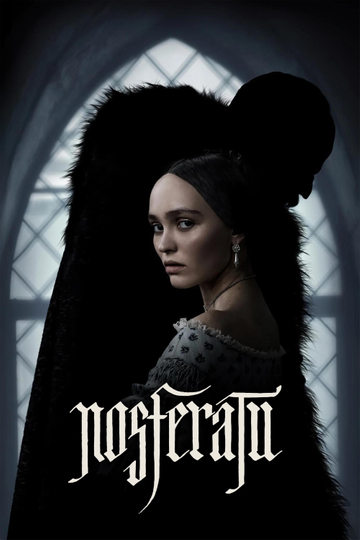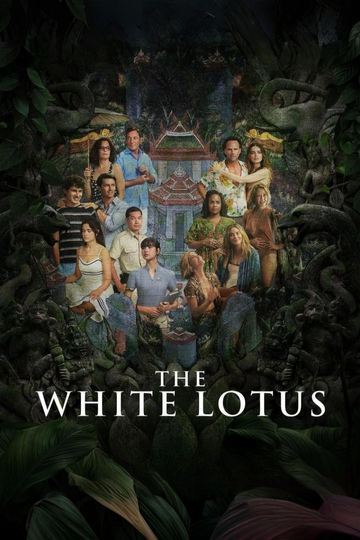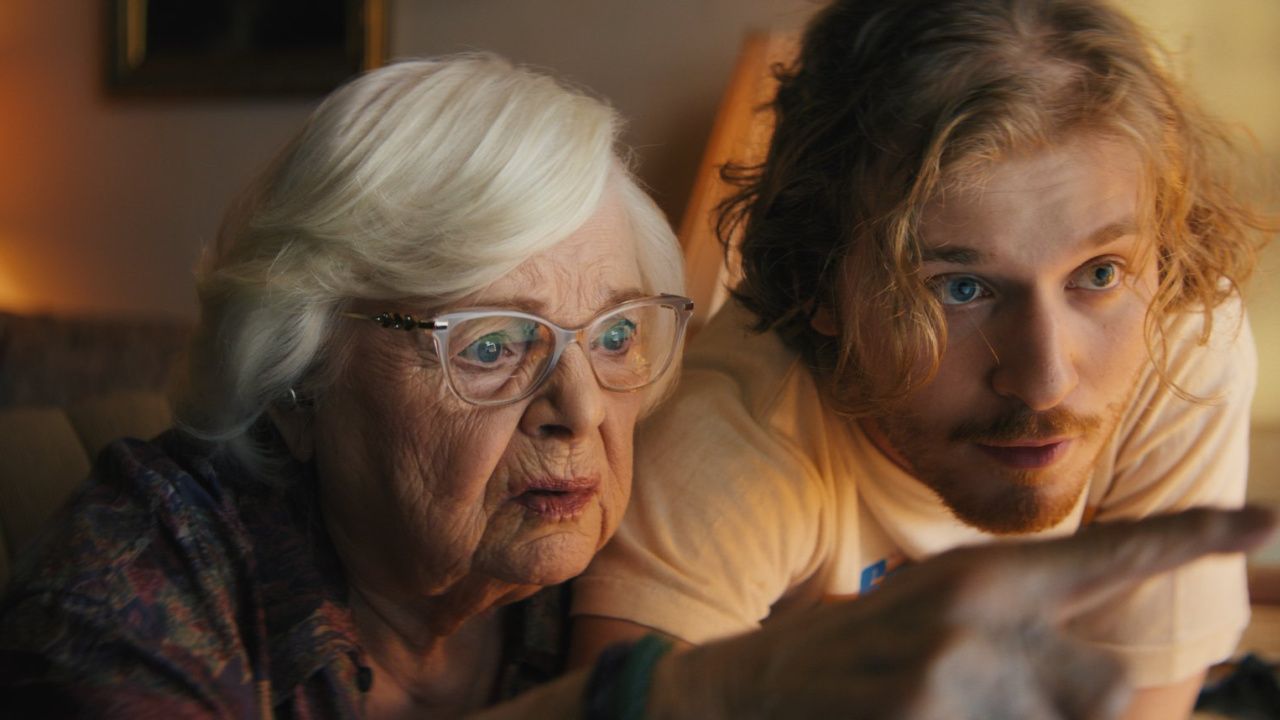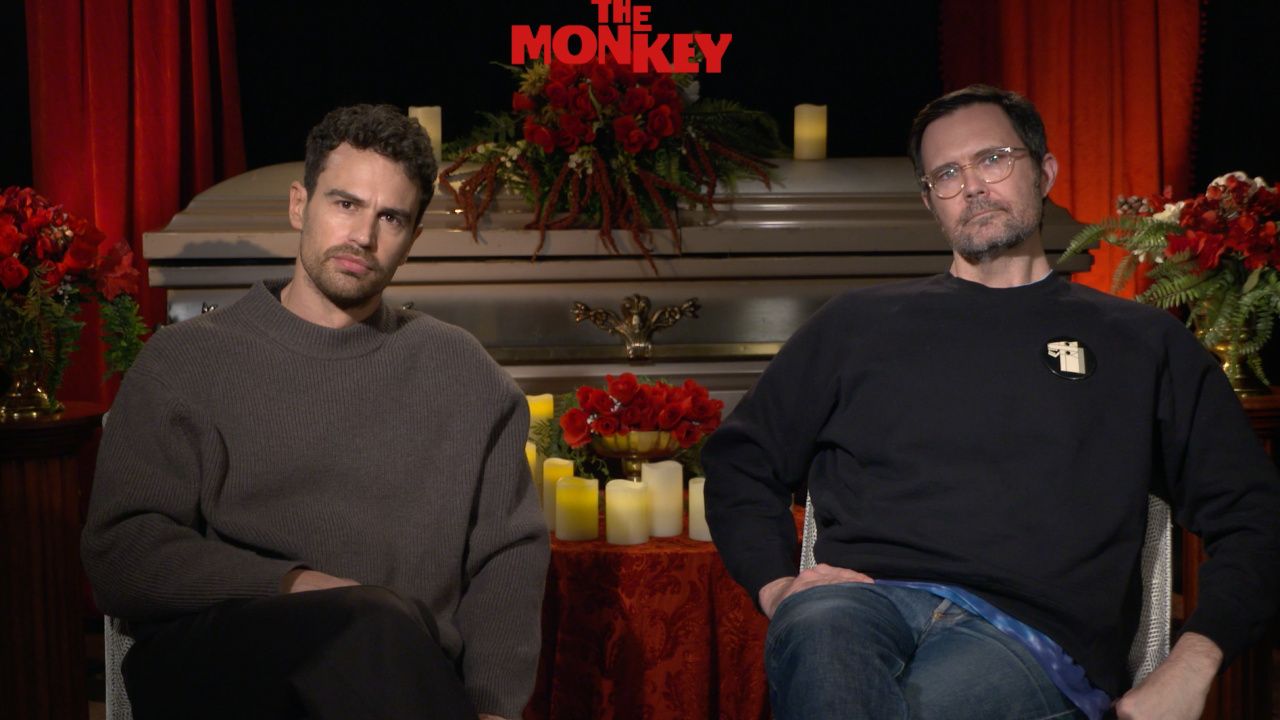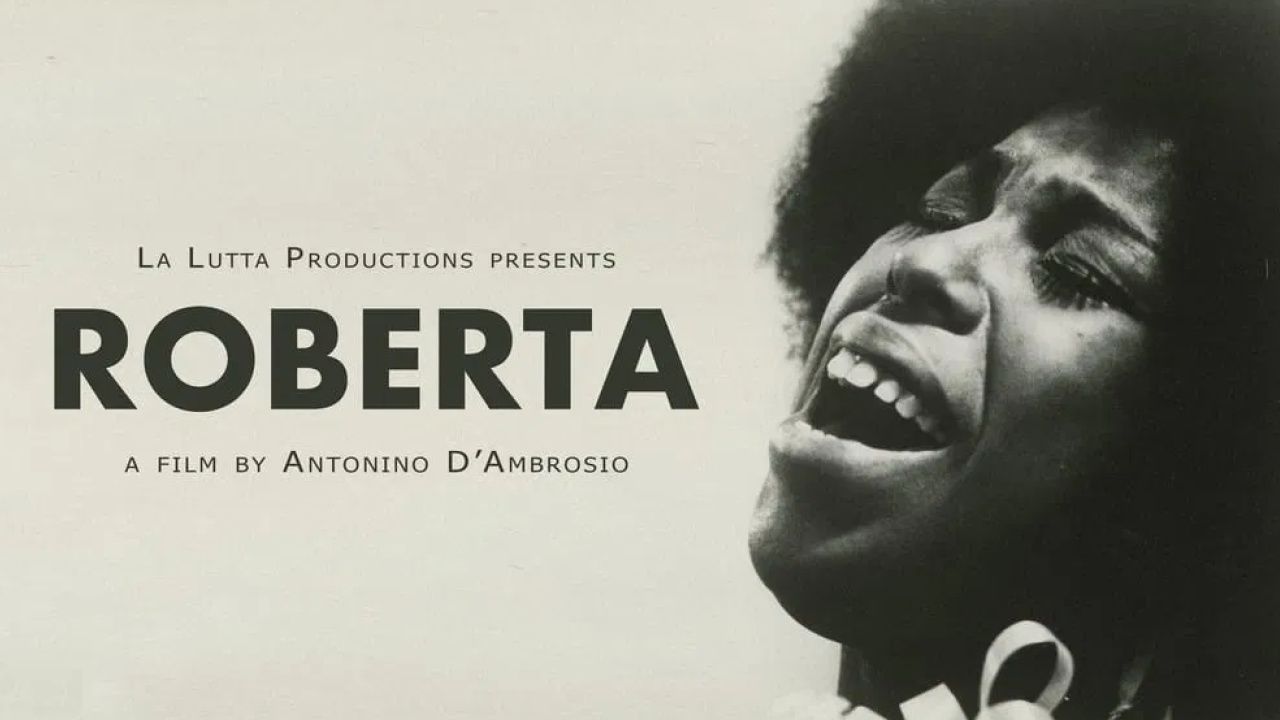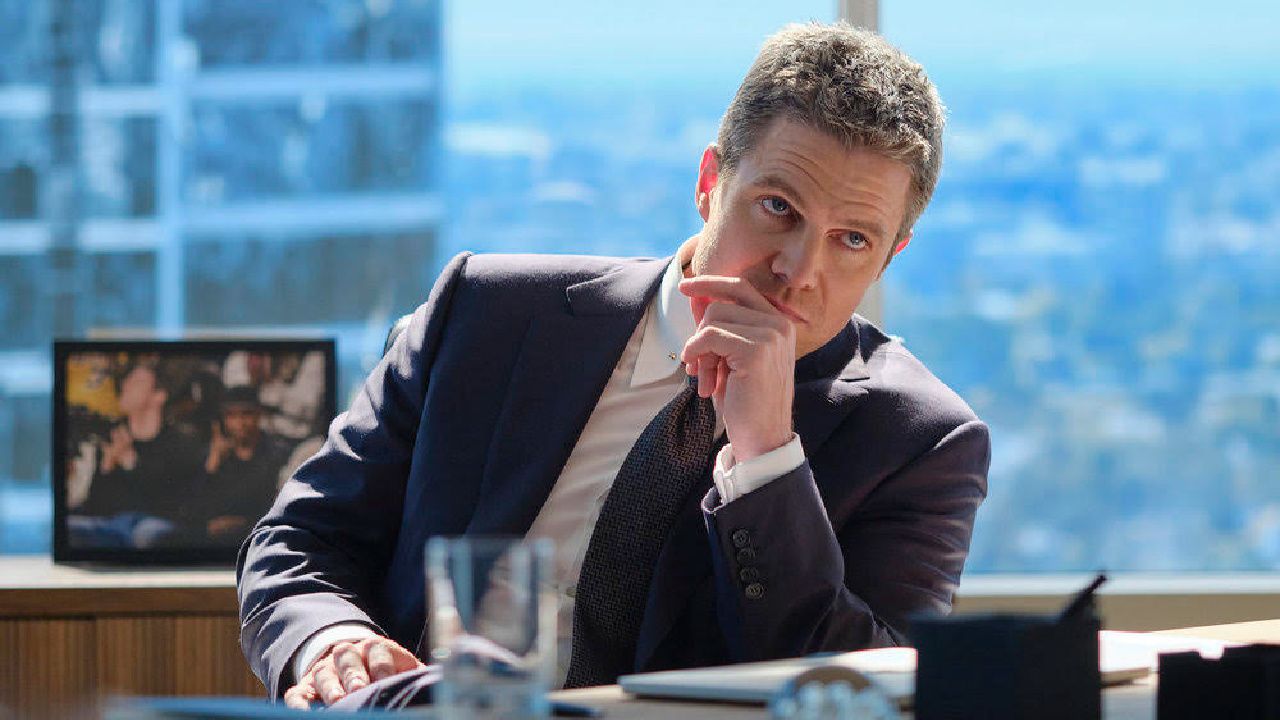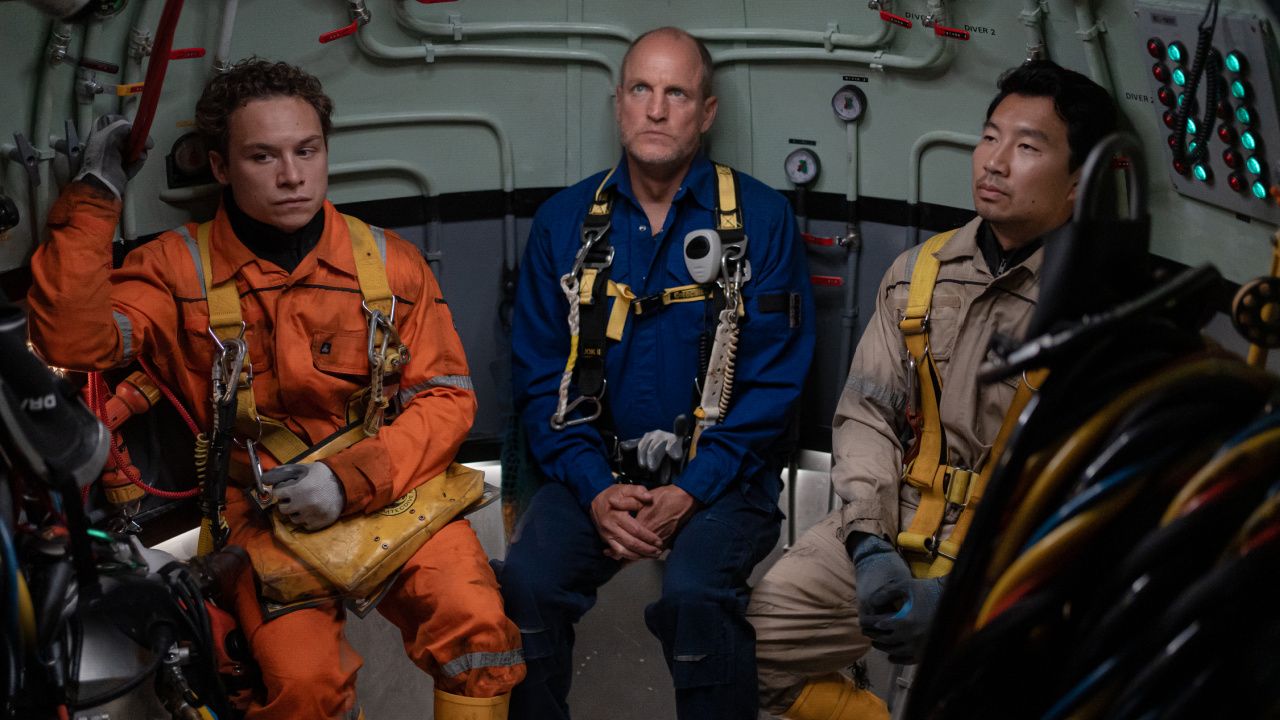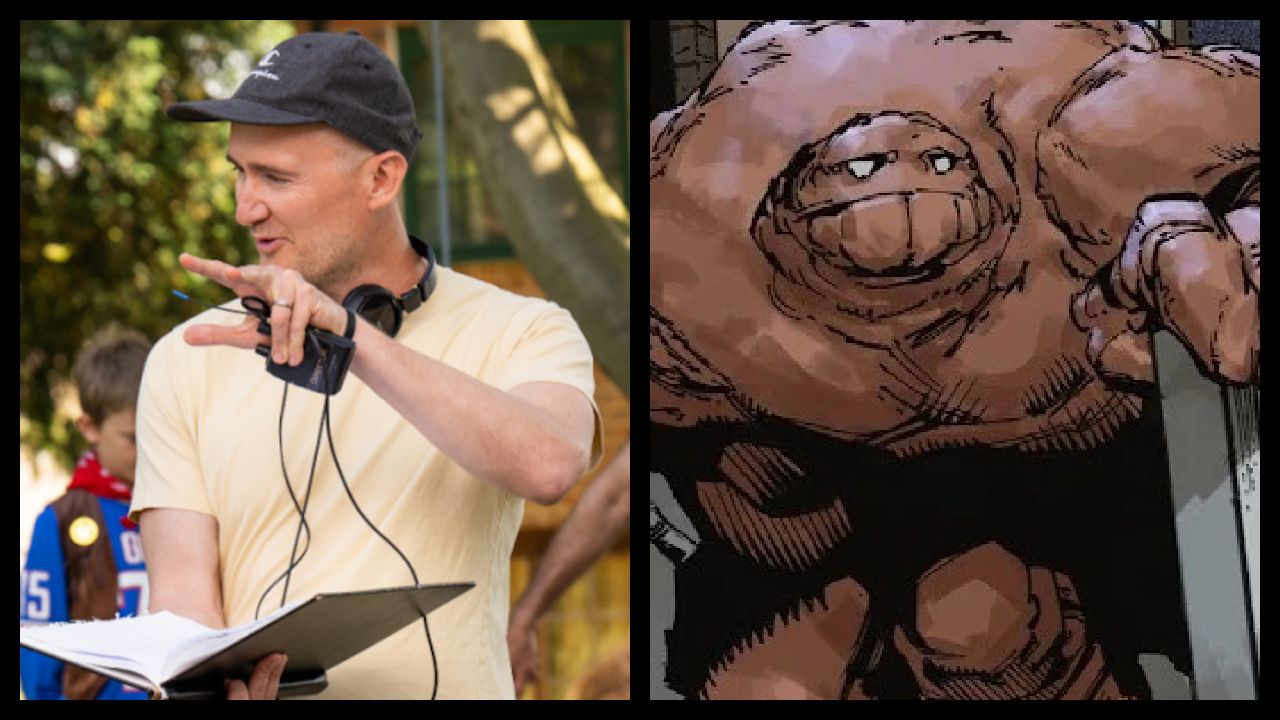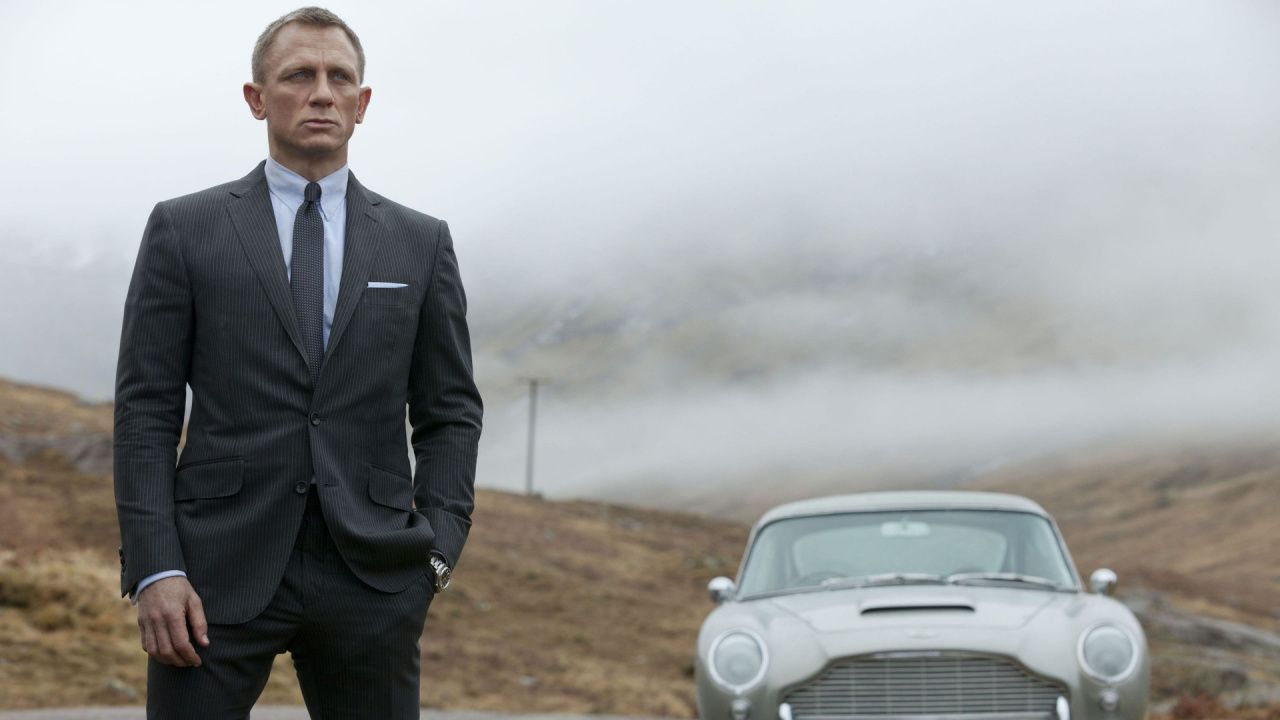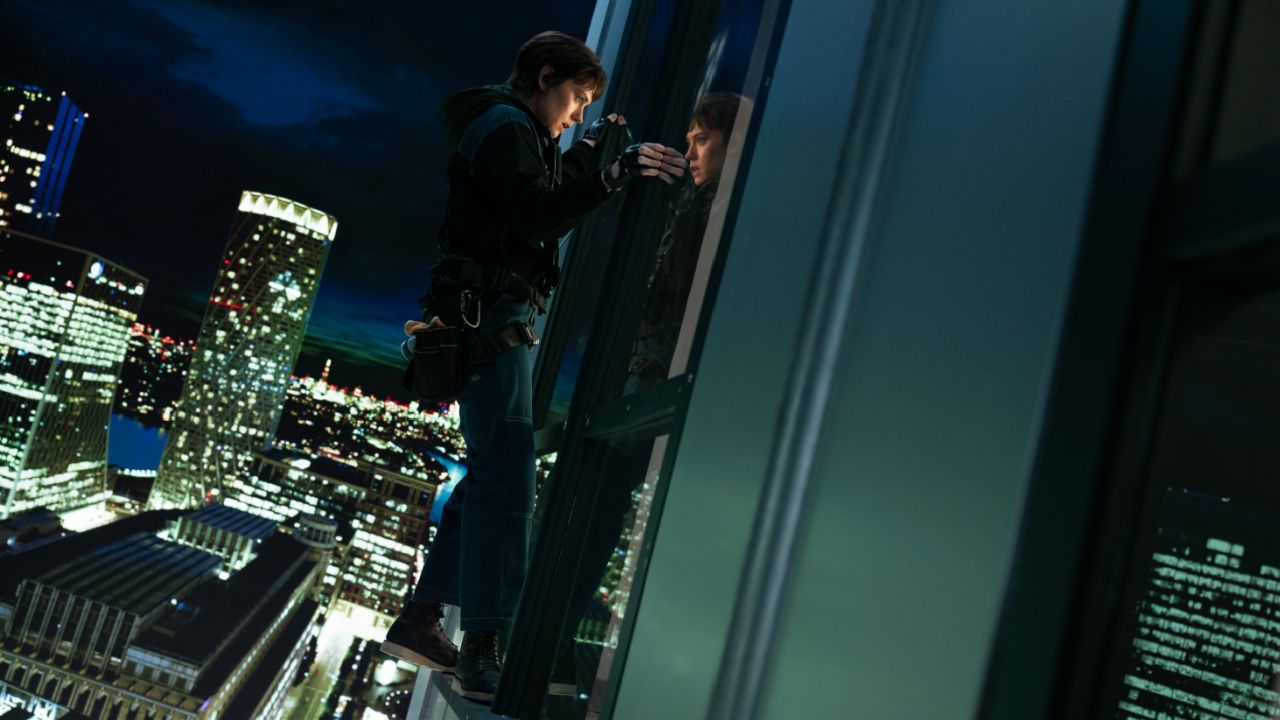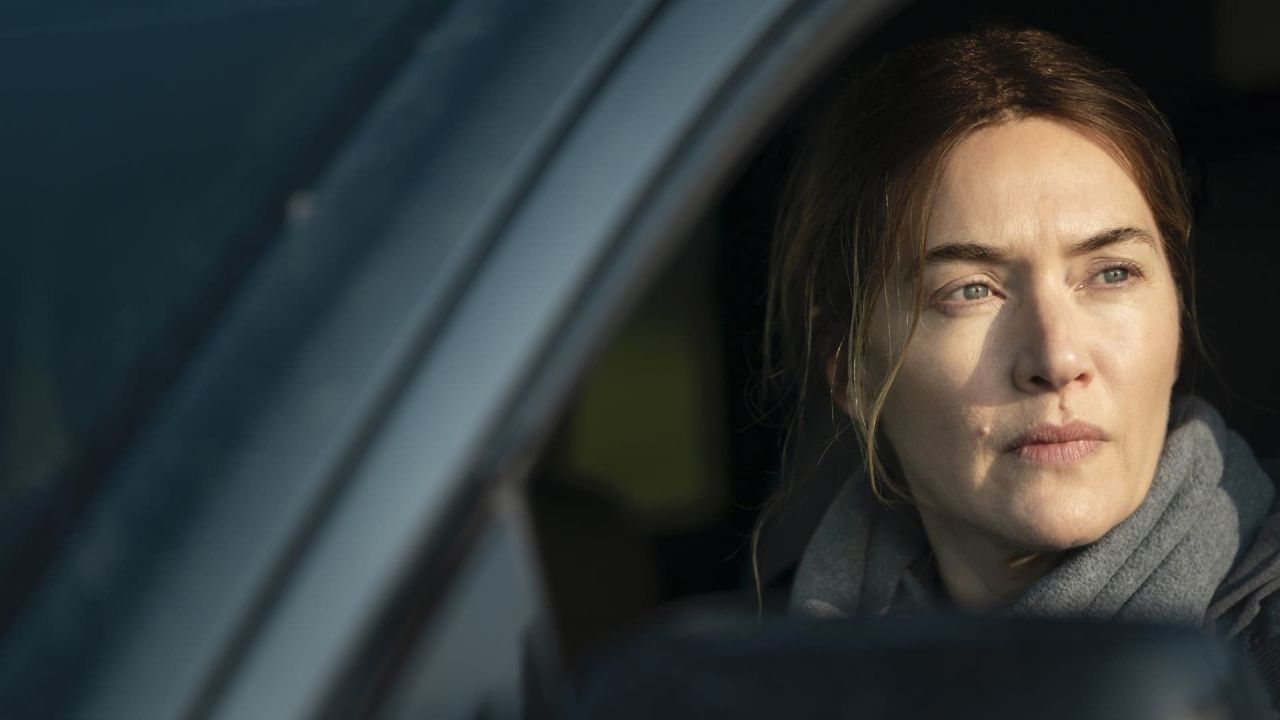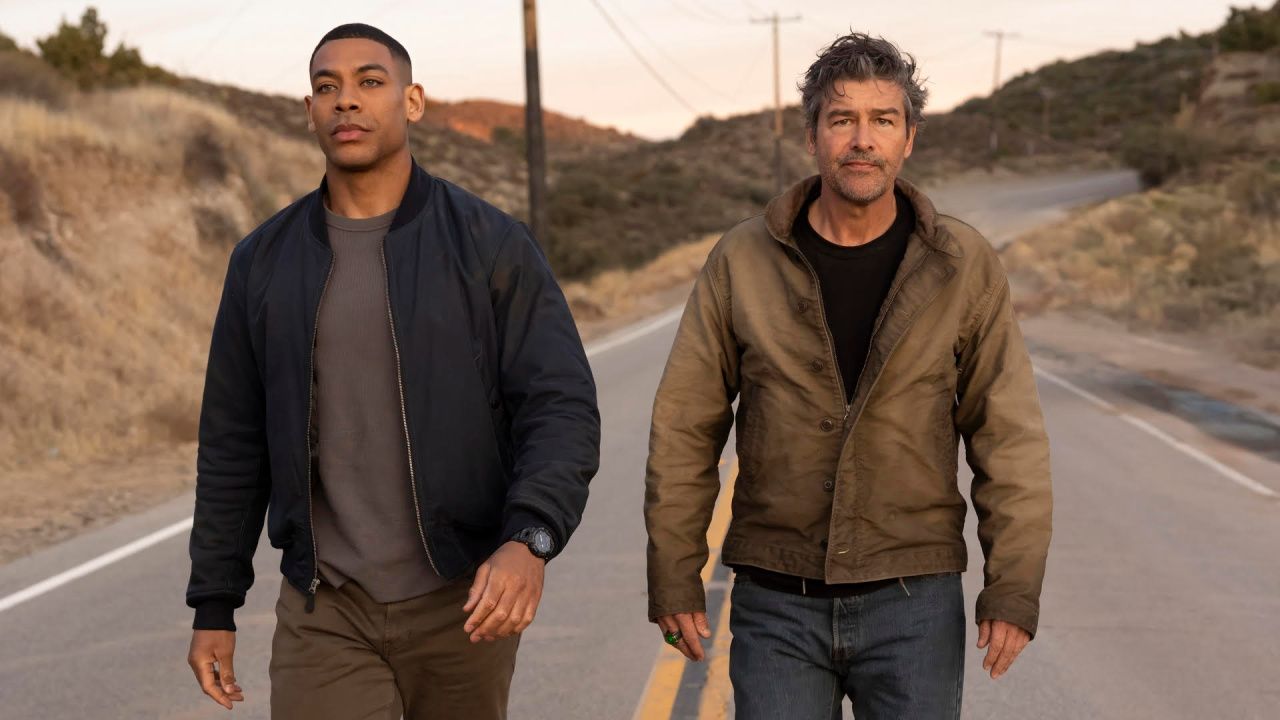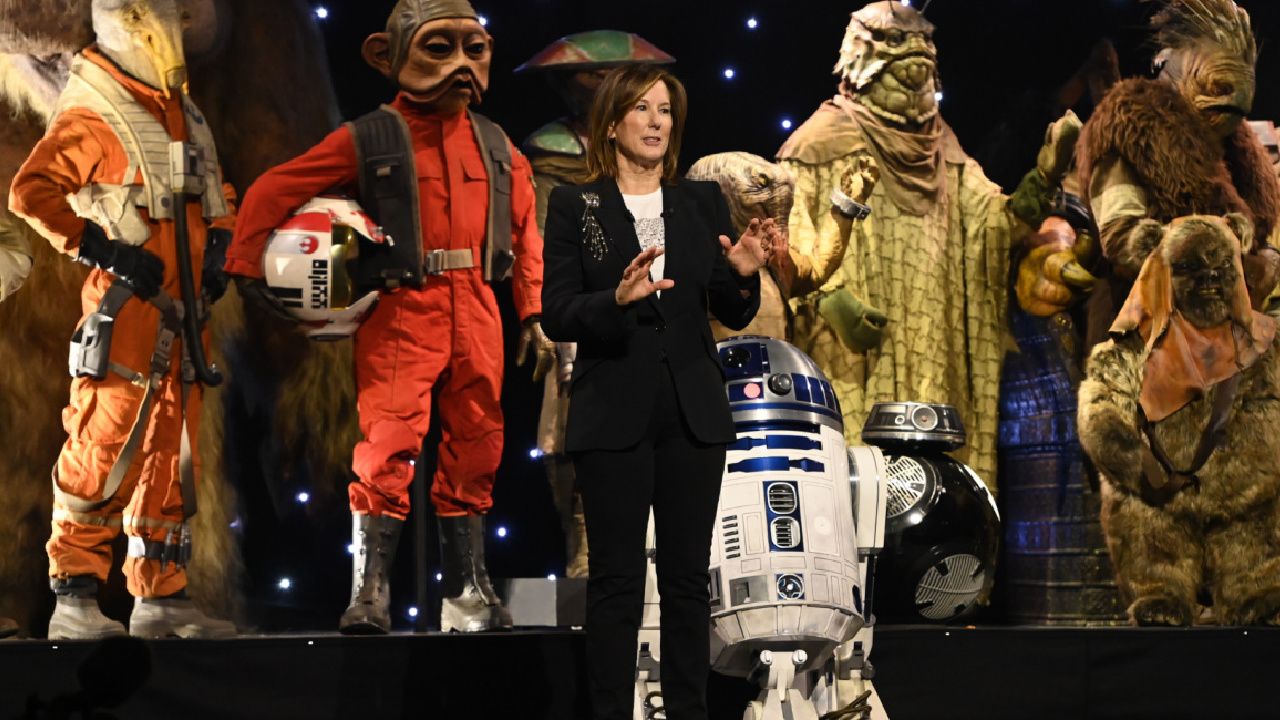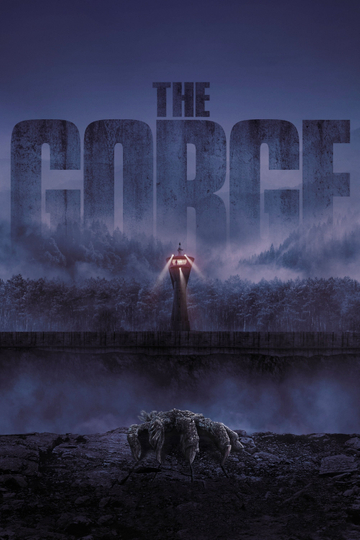17 Things You Never Knew About 'A Clockwork Orange'
"A Clockwork Orange" was Stanley Kubrick's most controversial movie, and that's saying something for a career that included "Lolita," "Dr. Strangelove," "The Shining," "Full Metal Jacket," and "Eyes Wide Shut."
Today, 45 years after its release (on December 19, 1971), the futuristic fable -- about an ultraviolent thug (Malcolm McDowell, in his star-making performance) who becomes even more soulless after behavior modification therapy -- seems more and more prescient about the way we live now.
Still, as influential and imitated as "Clockwork" has been, there's plenty you may not know about it, from the real-life tortures McDowell endured to the film's unlikely "Star Wars" connection, to the movie's notorious afterlife. Cue up some Beethoven and read on.
1. Kubrick was going to follow up his landmark sci-fi hit "2001: A Space Odyssey" with a movie about Napoleon, which never got off the ground. Instead, his wife brought to his attention Anthony Burgess's 1962 novel "A Clockwork Orange," a book whose provocations punched all of the dark-humored director's buttons.
2. Kubrick cast McDowell as the protagonist, Alex, after seeing him in his starring role as the rebellious schoolboy in the movie "If..."
3. McDowell claims he helped come up with Alex's famous costume, including the bowler hat, the single fake eyelash, and the all-white outfit, inspired by the actor's own cricket uniform. He credits Kubrick with the idea of wearing the jockstrap outside his pants.
4. But McDowell also suffered for Kubrick's art, enduring injuries that mimicked those Alex received on screen. During the sequence when Alex's eyelids are pried open to force him to watch the behavior-modification films, McDowell's cornea was scratched, and he was temporarily blinded -- even though the actor playing the doctor was a real doctor. His true purpose on the set was to administer eye drops to the star and protect his eyes.
5. McDowell also suffered cracked ribs during the sequence where Alex is beaten and humiliated on stage to demonstrate the effectiveness of the therapy.
6. Nonetheless, the star took his lumps without complaint. "I didn't really mind doing it in the end," he told Collider upon the film's 40th anniversary, "because I knew it was a good cause and I knew that the film was going to be extraordinary in many ways, simply because of my own stuff, because, I was in practically every frame of it. So, as an actor, I was doing things that I had only dreamed of."
7. The notorious rape scene, during which Alex dances and belts out "Singin' in the Rain," came about through improvisation. Kubrick and the cast had been rehearsing the scene for five days and had been unable to make it work until the director suggested that McDowell dance and sing. The actor chose the cheery theme from the classic musical because "it was the only one I sorta half knew the words to."
8. Kubrick's adaptation was based on the American edition of the novel, which left out the final chapter, in which Alex matures and finds a measure of redemption on his own. That chapter wasn't published in America until 1986, a quarter-century after the novel's initial printing and 15 years after the movie. McDowell claimed that final chapter was a concession forced on Burgess by his British publishers, a sop to conventional morality that the author knocked off in a couple hours, and that the version with the ironic ending filmed by Kubrick is more authentic.
9. That beefy guy playing Julian, the writer's bodyguard and manservant, is David Prowse (above), still six years away from originating the role of Darth Vader in "Star Wars."
10. Kubrick achieved the point-of-view shot of the approaching ground from Alex's attempted suicidal leap by putting a camera in a box, lens down, and dropping it out a third-story window. The camera managed to survive six takes.
11. Despite Alex's stated fondness for Beethoven, there are actually more pieces in the score by Rossini than by old Ludwig van.
12. After the extravagant "2001," Kubrick made a concerted effort with "Clockwork" to prove he could keep to a modest budget. As a result, almost all of the film was shot in existing locations within a quick drive of the filmmaker's home outside London. Only three sets were built from scratch. "Clockwork" also marked the shortest shoot in the notoriously perfectionist director's career, just 113 days. As a result, he was able to keep the film's costs down to a mere $2.2 million.
13. The movie was a financial success all over the world, including North America, where it grossed $26.6 million.
14. "Clockwork" was initially rated "X" in the United States, back when that rating wasn't automatically considered pornographic. Indeed, the ratings board thought Kubrick was trying to put one over on them with the sped-up sex scene and worried that porn filmmakers would follow suit in the hopes of earning a less restrictive rating. Later, however, when "Clockwork" was re-released in theaters and on home video, Kubrick cut some 30 seconds of sexually explicit footage, and the board reduced the rating to an R.
15. The film was nominated for four Oscars, including Best Picture, Best Director, Best Adapted Screenplay, Best Editing. It's the only X-rated film, along with 1969 winner "Midnight Cowboy," ever to earn a Best Picture nomination.
16. After a series of alleged copycat crimes in Britain and death threats against Kubrick and his family, the director called for the film to be pulled from circulation in the United Kingdom. It was unavailable there for 27 years, until Kubrick's death in 1999.
17. About a year after the movie came out, McDowell claims, he was at a Hollywood party where he was introduced to Gene Kelly. He says the "Singin' in the Rain" star looked him over, then walked away without saying a word.
McDowell says he understood the musical legend's hard feelings over the way he'd ruined Kelly's song in "Clockwork" and didn't blame him for the snub. It was only in 2011, 40 years after the film's release, that McDowell says he learned from Kelly's widow that the song-and-dance man's grudge wasn't against McDowell himself but against Kubrick, for allegedly stiffing him on royalties from the film's use of his recording.
A Clockwork Orange

